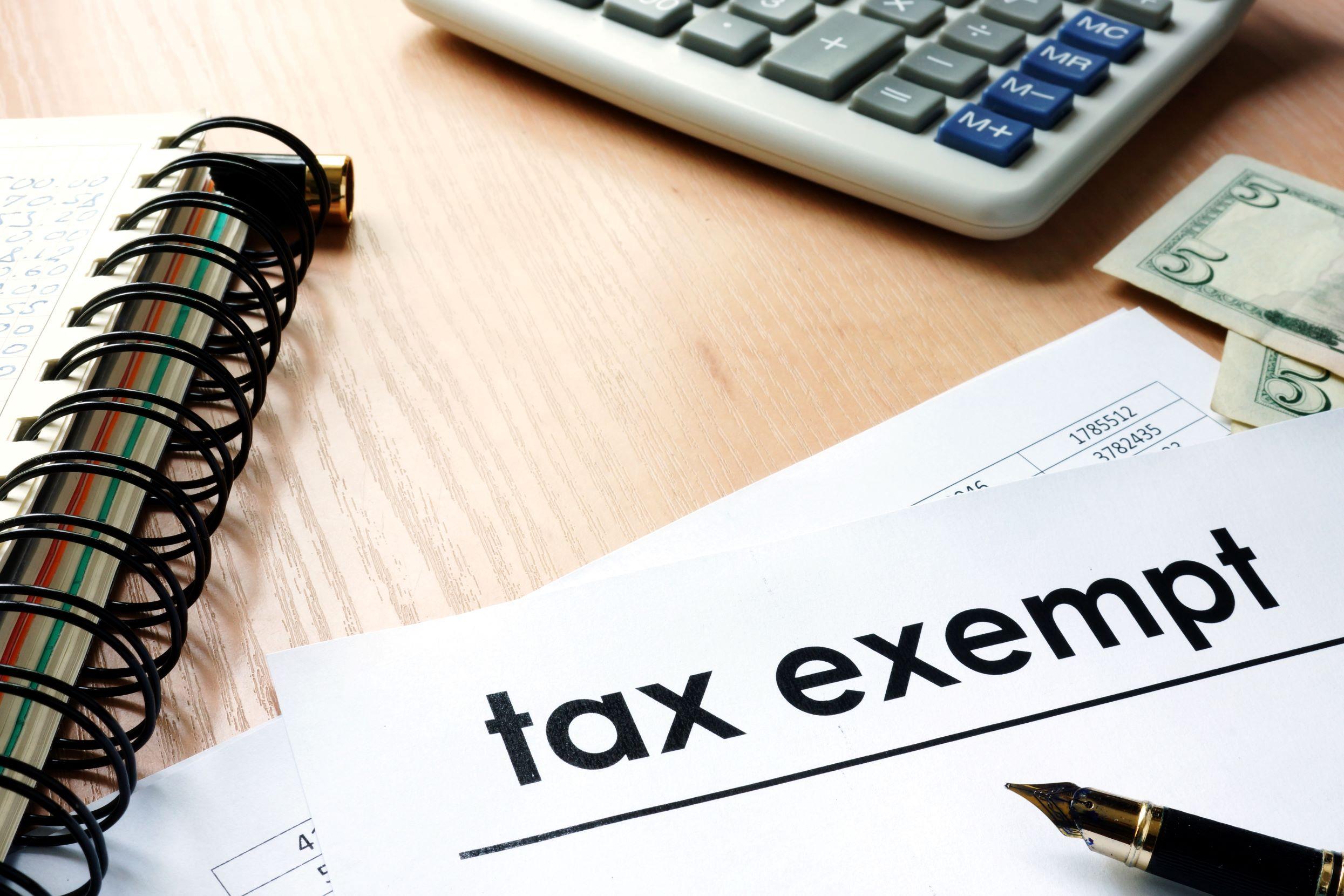


What is the capital gains exemption? Can you be exempt from capital gains tax when a Canadian sells property in the United States? Can you avoid capital gains tax by buying another house? Most of the answers could be “yes”. In our following discussion, we are trying to outline those situations and the conditions that you need to follow to avail of this tax exemption/tax deferral.
When selling real property in the United States – real estate capital gain tax deferral
Usually, when you sell a capital property, you will have either capital gain or capital loss to report on your tax return. If you have a capital gain to report on your tax return, you will generally pay tax on the gain depending on the period you held the property under your ownership. The tax rate differs for property held for less than a year (short-term capital gains tax), which is taxed at a higher rate than the gain on the property held for more than a year (long-term capital gain tax). Furthermore, the rate of tax on your capital will depend on your taxable income and your filing status.
However, in this article, we are trying to look into some situations where you can avail exemption from capital gain tax.
Following are some ways to avoid capital gain tax on the sale of property in the United States.
Primary residence
Capital Gain Tax exemption is only available if you sell your place of a primary residence. The exemption cap amounts to $250,000 of the capital gain and $500,000 if a married couple files a joint return. However, the exemption can only be claimed if you have owned and lived in the selling property for at least 2 of the last five years before the date of sale.
However, if you have been living in a foreign and not occupied US home as your prime residence, you won’t be able to claim this exemption. For instance, you are living overseas and renting a US home, selling the US home will not qualify as a capital gain tax relief.
Capital gain tax relief for the real estate investment
Capital gain tax relief can be claimed on the sale of real estate investment under section 1031 of the IRS – Internal Revenue Code. It’s important to note that 1031 does not offer complete exemption but defer taxes on the gain. However, the following tests need to be passed for qualifying on 1031.
It’s equally important to note that 1031 will not be applicable in the following situations.
How can 1031 exchange be used to defer the tax on gain?
Following basic conditions need to be met for utilizing 1031 exchange relief.
Please note that the cost basis of the old property is brought forward in the purchase of a second property, and it’s because the tax on the previous purchase is not forgiven but deferred. Further, form 8824 is filed with the tax return in a year of exchange and the next two years for reporting 1031 exchange.
RKB Accounting has expertise in cross-border taxation and has been providing accounting and taxation services for the last fifteen years in Canada and USA. RKB services include incorporating a business on both sides of the border, bookkeeping, sales tax, payroll, and corporate and personal income tax. RKB’s expertise includes cross-border tax planning, long-term tax planning, helping business start-ups, business structure planning, and resolving complex tax matters. RKB a CPA(Delaware), CA(India), and CIA(USA) has over 25 years of experience in accounting and taxation in dealing with various countries in the world.
Disclaimer: Information in the blog/post/article has been presented for a broad and simple understanding. This is not legal advice. RKB Accounting & Tax Services does not accept any liability for its application in any real situations. You need to contact your accountant or us for further information.